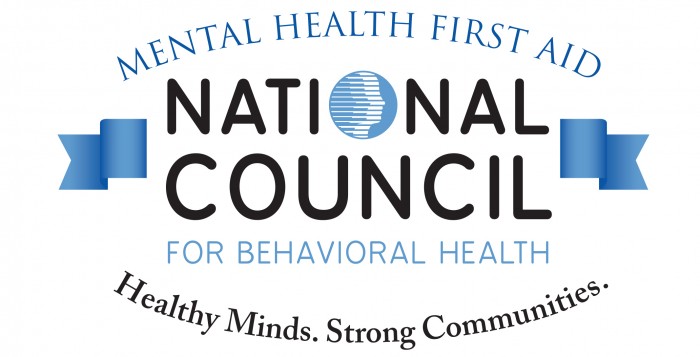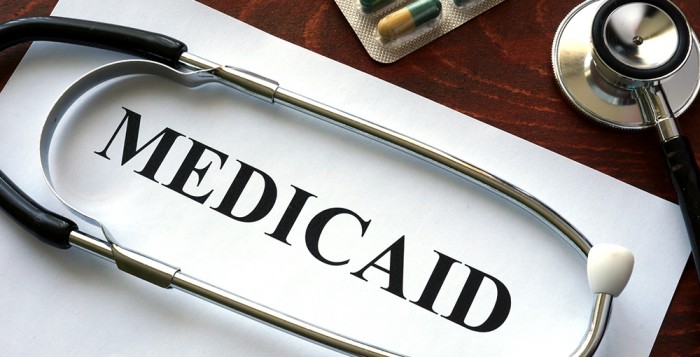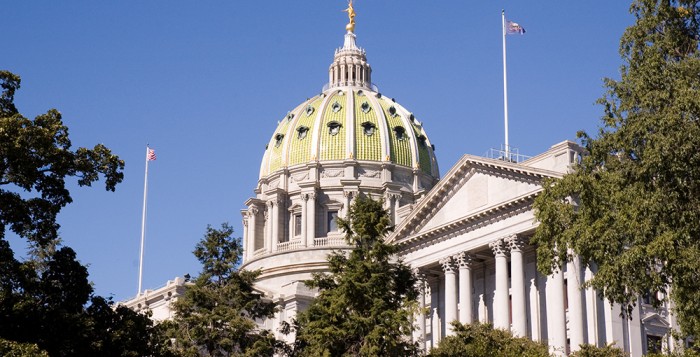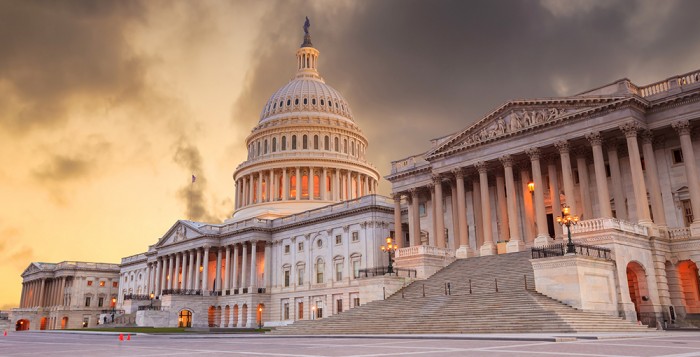RCPA has been working with a multi-association group to oppose the federal proposed American Health Care Act (AHCA)/ Better Care Reconciliation Act (BCRA). We previously sent a letter to Senators Casey and Toomey and are now planning a letter to the editor and press conference. The effort has been led by the Hospital and Healthsystem Association of PA (HAP), but has been a very collaborative initiative, and RCPA will be speaking at the press conference along with several other associations. We encourage you to attend this event which is being held at the Capitol in Harrisburg on Wednesday, July 19 at 11:00 am. For additional information contact Jack Phillips, Director of Government Affairs.
American Health Care Act
PA Provider Letter to Senators Toomey & Casey to Reject the BCRA
National Council Statement on the Senate Version of American Health Care Act
Until today, it was hard to imagine a bill could be worse for Americans living with addiction and mental illness than the AHCA bill passed last month by the House of Representatives.
The Senate version of the American Health Care Act purports to be a “repeal and replace” of the Affordable Care Act, but is really a draconian restructuring and gutting of Medicaid, the program that covers 20% of Americans and is one of the primary payers of addiction and mental health treatment in the U.S.
Instead of “repeal and replace,” it is “wreck and wreak havoc.”
The bill’s supporters have said that their newest proposal would “soften the landing” for Americans who will lose Medicaid coverage. In reality, the landing would be catastrophic. There is nothing “soft” about ripping health care away from the 11 million Americans enrolled in the Medicaid expansion. The new bill also shifts hundreds of billions of dollars in costs to states—leaving them with a Sophie’s Choice of which populations and benefits to cut in order to close their budget shortfalls. Seniors? Pregnant woman? People with a preexisting condition, like cancer or a heart attack? Who do we help, and who do we turn our back on?
The Senate bill also slices and dices Medicaid enrollees into the deserving and the undeserving, exempting some populations with disabilities from the caps while leaving other vulnerable individuals—like people with addictions—out in the cold. Lawmakers must remember that people with addictions do not qualify as “disabled” under a Gingrich-era change that excluded them from Social Security Disability. The proposed cuts to Medicaid would disproportionately harm those who rely on Medicaid for lifesaving opioid addiction treatment, at a time when mortality from the opioid epidemic is growing at devastating speed each year. We are facing a national emergency on opioids – now is hardly the time to reduce our efforts.
The bill’s feeble attempts to bolster psychiatric treatment while stripping health care away from millions are paltry at best. While the outdated law prohibiting Medicaid funding for services provided in residential or inpatient treatment settings deserves to be changed, the small tweak to this payment exclusion that is included in the bill will do nothing to mitigate the loss of Medicaid coverage for millions—nor does it provide for important outpatient care serving people in their own communities. The proposed one-year grant fund for mental health and addiction treatment in 2018 doesn’t come close to meeting the real—and growing—need for care. Grants are not a substitute for health coverage. We don’t rely on grants for the treatment of heart disease or cancer, and addiction and mental health should be no different.
Congress has made incredible strides in advancing access to care for mental illness and addiction in recent years. It is shocking that members of Congress – many of whom have family members who would be affected and all of whom represent constituencies who would be gravely harmed – would even consider a bill that would obliterate these gains, returning us to the days when people with mental illness or addiction couldn’t access treatment.
This is not our vision for America. Slashing billions of Medicaid dollars from state budgets would cost hundreds of thousands of lives. The National Council urges the Senate to vote down this reprehensible bill.
###
The National Council for Behavioral Health is the unifying voice of America’s community mental health and addictions treatment organizations. Together with 2,800 member organizations, it serves more than eight million adults and children living with mental illnesses and addiction disorders. The organization is committed to ensuring all Americans have access to comprehensive, high-quality care that affords every opportunity for recovery and full participation in community life. The National Council, the Maryland Department of Health and Mental Hygiene, and the Missouri Department of Mental Health pioneered Mental Health First Aid in the U.S. and has trained more than 1 million individuals to connect youth and adults in need to mental health and addictions care in their communities. To learn more about the National Council, visit the official website.
ANCOR to Host Call with Senator Bob Casey
RCPA Staff meets with Congressional Members
Early this week, Richard Edley, RCPA President/CEO, met with staffers from Congressmen Costello, Dent, Fitzpatrick, and Meehan’s offices, as well as Senators Toomey and Casey to discuss the current negotiations taking place on health care. RCPA highlighted the financial impacts that the “American Health Care Act” would have on Pennsylvanians and urged the Congressmen and Senators to oppose any proposal that results in cuts or rollbacks of Medicaid. RCPA stressed that Medicaid is the single largest payer of mental health and addiction treatment services in the country. Any proposals that rollback Medicaid coverage or restrict people’s access to treatment will have a significant impact on this vulnerable population.
Additionally, RCPA staff had a productive meeting with Charlotte Pineda in Congressman Fitzpatrick’s office. In that meeting, RCPA gave its support to Congressman Fitzpatrick’s “Road to Recovery Act.” This bipartisan bill addresses the antiquated and problematic IMD Final Rule and will enable Pennsylvania to expand access to residential treatment for substance use disorders, while not intruding on a state’s flexibility to implement care. Jack Phillips, RCPA Director of Government Affairs, will be scheduling additional follow-up meetings with the Congressman and his staff on the “Road to Recovery Act” and other health care issues.
Call Congress to Protect Medicaid
Call Congress to Protect Medicaid TODAY!
The Senate looks primed to introduce and vote on health care legislation by the end of this month that would repeal Medicaid expansion and fundamentally restructure the Medicaid program. Call your Senators TODAY and urge them to oppose these changes!
Remind your Senators of the critical role Medicaid plays in providing access to lifesaving treatment services to millions of Americans living with mental illness and addiction. Dedicating a few minutes of your time today can help save Medicaid access for millions of Americans in need.
Instructions for Call-In Day
- Dial this number: 202-224-3121
- Ask for your Senators.
- Share with them this message:
- Your message: “I am calling about the American Health Care Act. I urge you to oppose any proposal that results in cuts or rollbacks of Medicaid. Medicaid is the single largest payer of mental health and addiction treatment services in the country. Any proposals that rollback Medicaid coverage or restrict people’s access to treatment will have a significant impact on this vulnerable population. The House-passed bill directly targets important health care protections like the essential health benefits, protections for those with pre-existing conditions and hurts efforts to achieve parity in health care. I’m calling from [city, state, and zip] and my name is [first and last name].”
Sincerely,
Chuck Ingoglia
Senior Vice President, Public Policy and Practice Improvement
National Council for Behavioral Health
Questions, contact Jack Phillips.
Urge Your Legislators to Oppose the Revised American Health Care Act
Congress will vote TODAY on the American Health Care Act. While congressional leaders believe they have the votes to pass the health care reform bill, experts are saying this vote will come down to the wire.
With dozens of legislators still undecided, constituent advocacy and outreach are the only things that will move votes into the “No” column. Will you take action today and urge Congress to vote “No” on the American Health Care Act?
- Dial this number: 202-224-3121 and ask for your Representative.
- Share with them this message:
- Your message: “I am calling about the American Health Care Act. I urge you to oppose the amended bill and reject any proposal that results in cuts or rollbacks of Medicaid. The amended bill directly targets important protections like the essential health benefits and protections for those with pre-existing conditions and hurts efforts to achieve parity in health care. Any proposals that rollback Medicaid coverage or restrict people’s access to treatment will have a devastating effect on millions of Americans with mental illness or addiction. I’m calling from [city, state, and zip] and my name is [first and last name].”
**Need help finding your Rep? Click here!**
Since January, thousands of National Council advocates have engaged with us and their legislators, writing letters, making phone calls and hosting meetings. Thousands of advocates have worked hard to ensure their voices and their priorities were heard on Capitol Hill. We thank you for that amazing work and hope you will join us once again today as we work to stop the passage of this harmful legislation.
Together, we can work to preserve Medicaid and protect coverage of mental health and addictions treatment for millions of Americans. Together, we can #Unite4BH!
Sincerely,
Chuck Ingoglia
Senior Vice President, Public Policy and Practice Improvement
National Council for Behavioral Health
PA Provider Association Letter Regarding ACA
RCPA has signed on to a multi-association letter being sent to the PA congressional delegation in Washington, DC urging legislators to carefully evaluate any effort to repeal and replace the Affordable Care Act (ACA), given the critical need to maintain funding for the current Pennsylvania Medicaid program and to protect the vulnerable citizens who rely on Medicaid for critical and necessary care.
Urge Your Legislators to Oppose the Revised American Health Care Act
|
|||
|




















